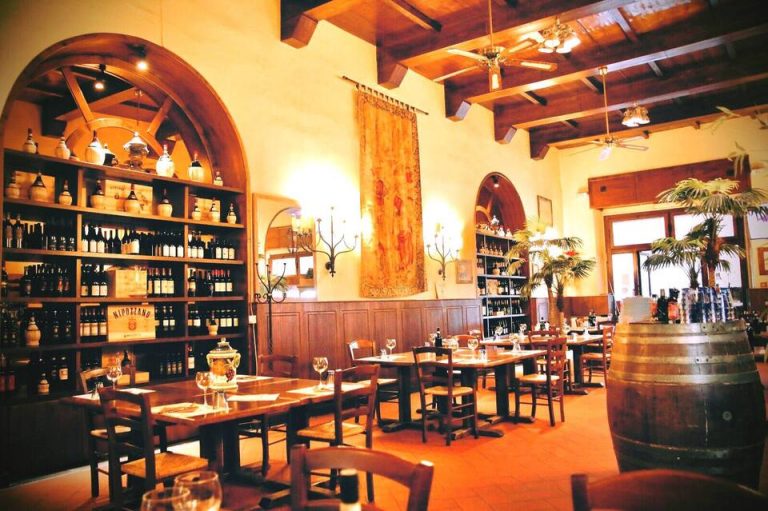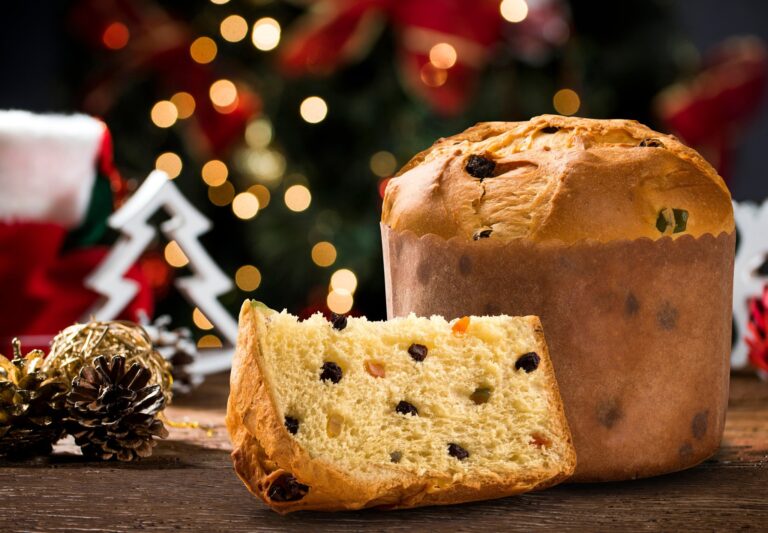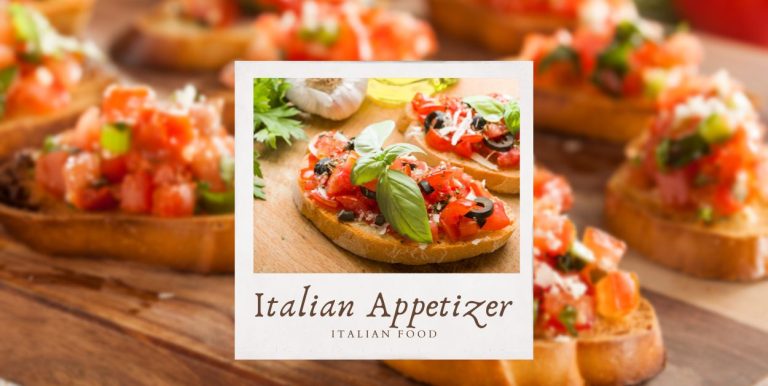Italian Food Superstitions: Debunking the Myths and Embracing the Magic
Italy is a country rich in culture, history, and, of course, food. Its culinary heritage spans centuries, with each region boasting its own unique flavors and dishes. However, a lesser-known aspect of Italian food culture is just as fascinating: the world of food superstitions. In this article, we’ll explore some of the most curious and captivating food-related beliefs that have been passed down through generations.
1. The Evil Eye and Italian Food
The concept of the Evil Eye, or malocchio, is deeply rooted in Italian culture. It’s believed that a person can cast the Evil Eye on someone else, causing them misfortune or illness. This superstition extends to food, with certain dishes believed to ward off the Evil Eye. Here are a few examples:
- Garlic: Known for its pungent aroma, garlic is said to repel the Evil Eye. Incorporating garlic into dishes, like the classic agli e olio pasta, is believed to provide protection against bad luck.
- Chili peppers: These spicy gems are also thought to ward off the Evil Eye. Many Italians hang dried chili peppers in their homes or wear them as amulets to protect against negativity.
2. Bread Superstitions
Bread is a staple in Italian cuisine and is steeped in superstition. Here are some beliefs surrounding this humble food:
- Never place bread upside down: It’s considered bad luck to place a loaf of bread upside down, as it’s believed to invite misfortune or even the Devil into your home.
- Breaking bread: In Italy, it’s customary to break bread with your hands rather than cutting it with a knife. This act is said to foster a sense of togetherness and unity among those sharing the meal.
3. Pasta Superstitions
Pasta is synonymous with Italian cuisine, so it’s no surprise that there are a few superstitions associated with it:
- Spaghetti and love: Some Italians believe that if a couple eats spaghetti from the same plate, it will strengthen their love and bring them closer together. This belief may have been inspired by the iconic spaghetti scene in Disney’s Lady and the Tramp.
- Throwing pasta: It’s said that if you throw a piece of pasta against the wall and it sticks, it’s cooked to perfection. While this superstition is more of a fun tradition than a serious belief, it’s an entertaining way to test your pasta’s doneness.
4. Salt Superstitions
Salt has long been considered a powerful and magical substance. In Italy, salt superstitions are intertwined with the country’s food culture:
- Spilling salt: Accidentally spilling salt is believed to bring bad luck. To counteract this misfortune, you should throw a pinch of the spilled salt over your left shoulder with your right hand. This ritual is said to ward off any negativity or evil spirits that the spill may have attracted.
- A gift of salt: Presenting someone with a gift of salt is considered a gesture of goodwill and friendship. In ancient Rome, salt was a valuable commodity, and giving it as a gift symbolized a strong bond between the giver and receiver.
5. Other Food Superstitions
Italian food superstitions aren’t limited to just bread, pasta, and salt. Here are a few more beliefs that have been passed down through the generations:
- Serving an even number of people: Italians consider odd numbers to be lucky, so it’s believed that serving food to an even number of guests can bring misfortune. To avoid this, make sure to always invite an odd number of people to your dinner parties.
- Knife superstitions: Giving a knife as a gift is said to sever the friendship between the giver and the receiver. To counteract this belief, the recipient can give a small coin in return, symbolizing that they “bought” the knife and thus preserving the friendship.
- Wine and toasting: Toasting with a glass of wine is an important part of Italian dining culture. However, be cautious not to cross arms with anyone while toasting, as it’s believed to bring bad luck.
6. Wrap it Up
Italian food superstitions provide a fascinating glimpse into the country’s rich cultural heritage. While many of these beliefs may seem unusual or even quirky, they offer a unique perspective on the importance of food in Italian society. By exploring these superstitions, we can better appreciate the magic and mystique surrounding Italian cuisine and perhaps even incorporate some of these traditions into our cooking and dining experiences.
So the next time you’re enjoying a delicious Italian meal, consider embracing the cultural significance of the superstitions that have been passed down through generations. Whether you’re warding off the Evil Eye with spicy chili pepper, breaking bread with loved ones, or tossing a pinch of spilled salt over your shoulder, you’ll be participating in a rich and storied culinary tradition that’s sure to add a touch of enchantment to your dining experience.




